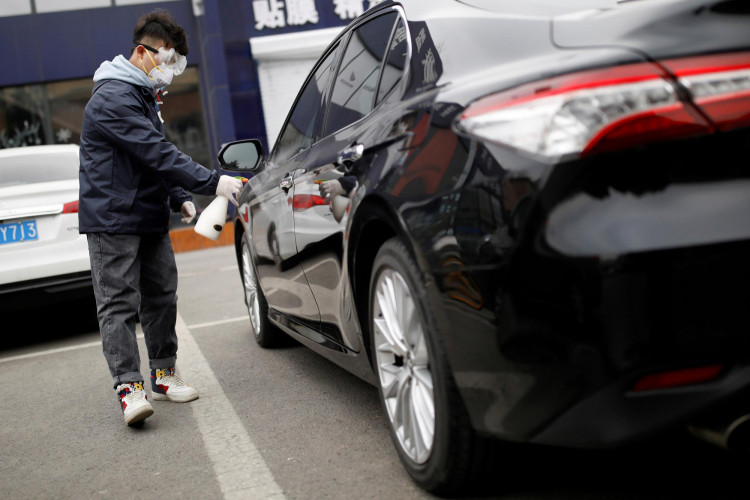Didi Chuxing's on-demand autonomous service featuring a cutting-edge robotaxi service will start picking up passengers in Shanghai, China this week.
Starting June 27, upon sign-up through the company's DiDi app, riders may start requesting on-call rides using self-driving vehicles within a designated area that covers the city's automobile exhibition center, subway stations, hotels and local business hubs within downtown Shanghai.
The Chinese ride-hailing technology, supported by SoftBank Group, unveiled the test robotaxi service early Saturday after installing V2X (Vehicle to Everything) technology throughout the area.
As part of the test, customers will be able to hire free on-demand rides within a designated spot using Didi's self-driving cars, which currently also have safety drivers, the company disclosed.
V2X allows autonomous vehicles (AVs) to communicate with their surroundings and Didi has installed devices at major areas within the test region to reduce the safety blind spots and manage contact between its fleet, the company said.
According to Bob Zhang Bo, DiDi chief technical officer, and chief executive officer of the self-driving unit, the group will start with a blended dispatch version that goes beyond existing geo-fence limitations.
Autonomous driving, Zhang said, must move beyond being a new but limited experience "to become a reliable and efficient mobility option for the general public in a highly complex environment," Caiwei Chen of Pandaily quoted the CEO as saying.
Didi chief executive Cheng Wei stated that the company is anticipating greater use of artificial intelligence to improve safety and the efficiency of China's urban transit infrastructure.
Didi completed over a $500 million fundraising round last month for its self-driving vehicle unit, which is composed of over 400 employees around the world.
Didi remodeled its self-driving division into a standalone company in 2019, when it bared plans to begin using autonomous vehicles to transport riders in the cities of Shanghai, Beijing, and Shenzhen this year before expanding the program outside of the country in 2021.
Meanwhile, the ride-hailing group said it is looking to operate more than 1 million autonomous cars by 2030 as part of ongoing initiatives to create a smart transport network, according to a report by Reuters. The robotaxis are to be deployed in areas where ride-hailing drivers would be less available, Meng Xing, Didi's chief operating officer, said.
In China's highly-stacked robotaxi market, Didi is facing stiff rivalry with several local companies such as Baidu, Pony.ai, WeRide, and AutoX. Baidu, which is popular for its Apollo autonomous system, is testing its own robotaxi service in areas of Changsha, the capital of Central China's Hunan province.






